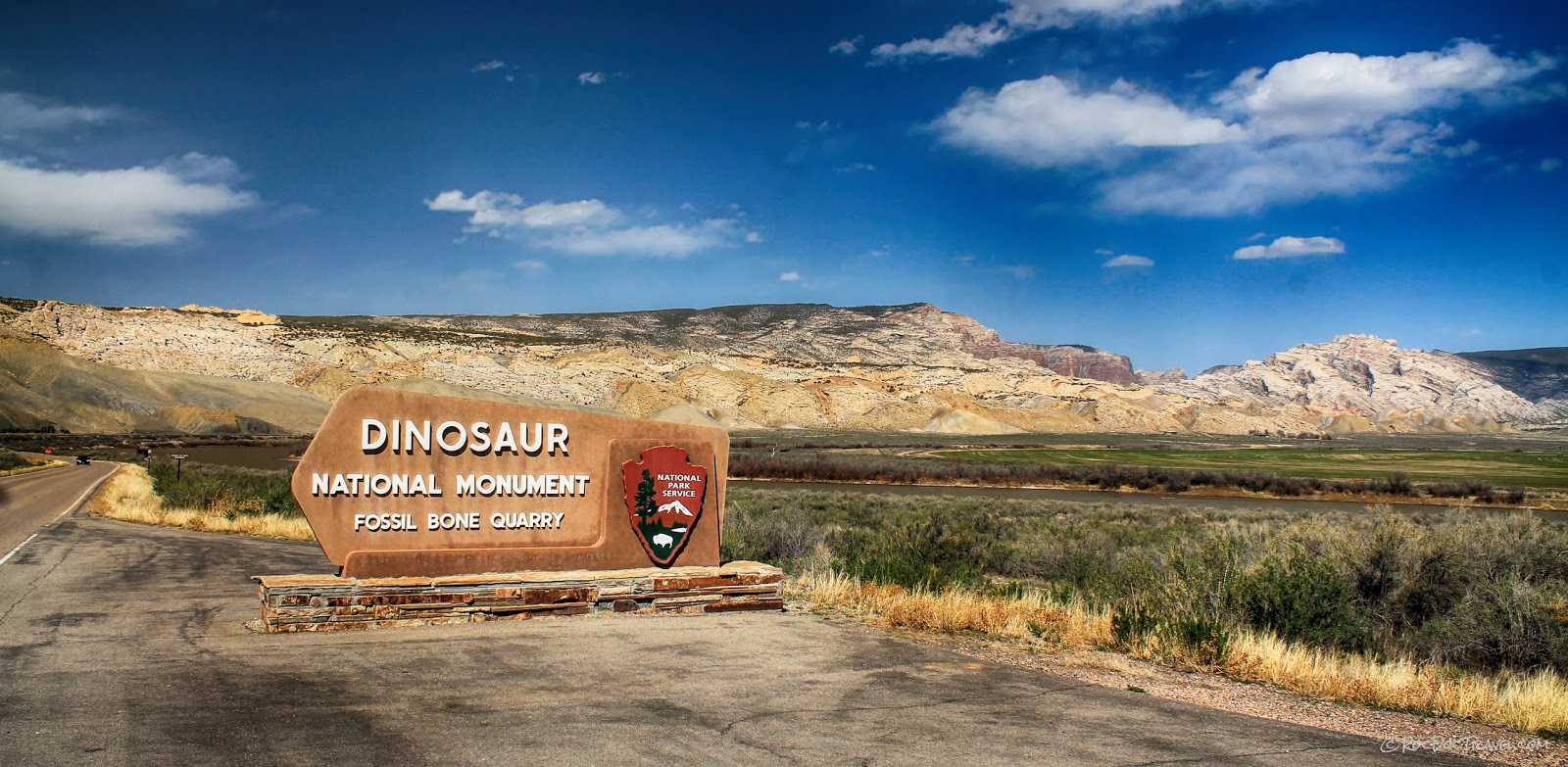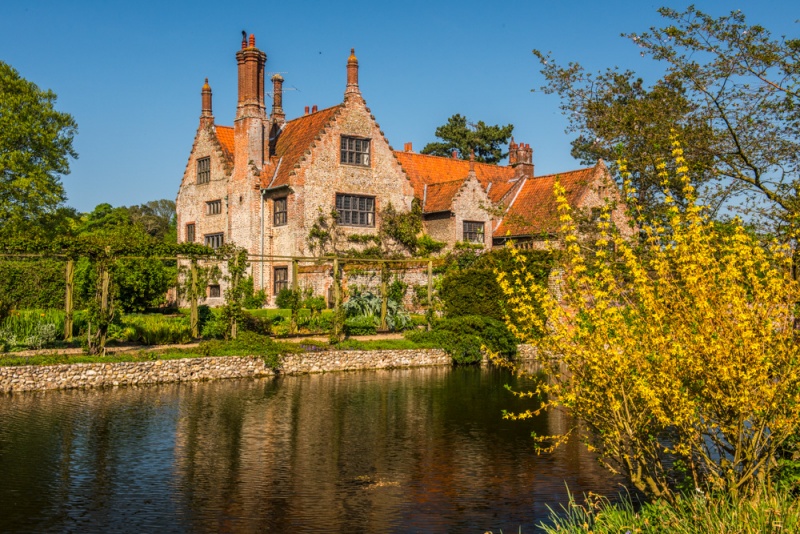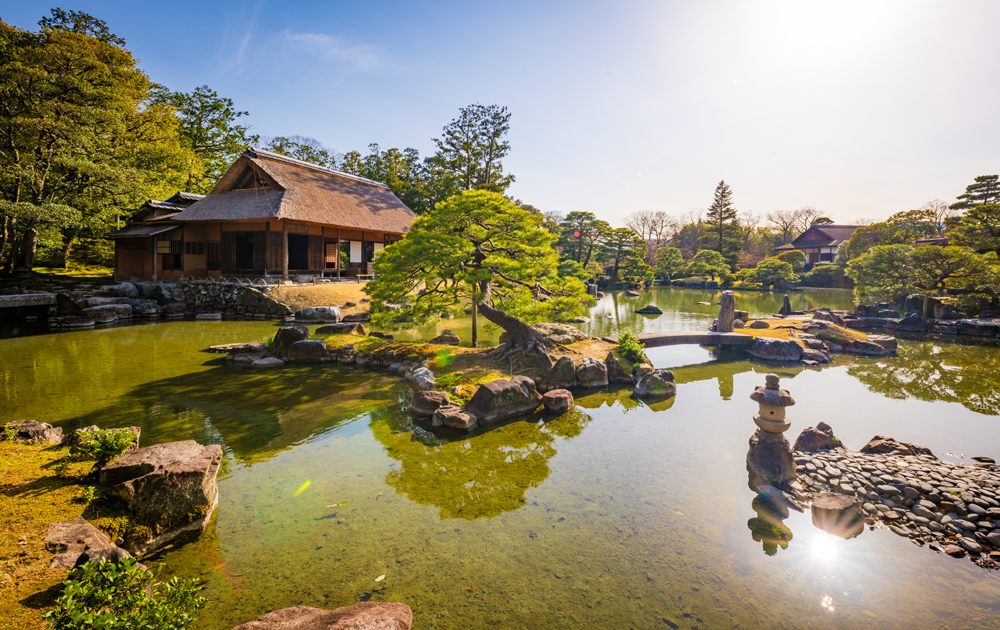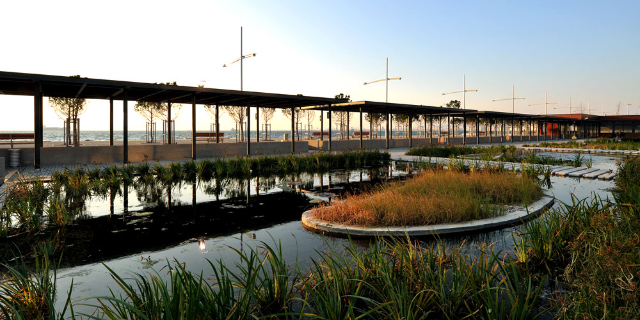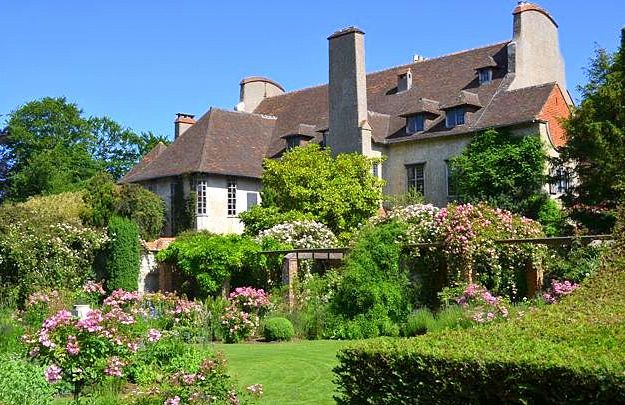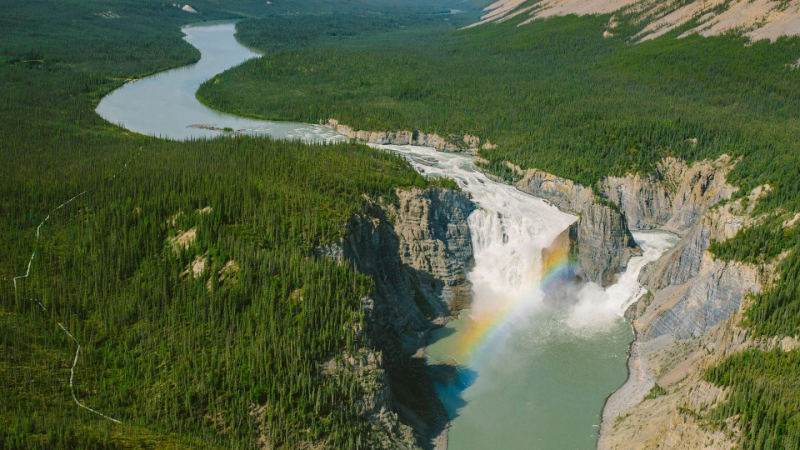In 1909, paleontologist Earl Douglass was searching for fossils for the Carnegie Museum when he discovered a formation layered with prehistoric plant and animal fossils. A quarry was established and in 1915 Dinosaur National Monument was created to protect 80 acres in the quarry area. Today the monument includes 210,844 acres.
Many fossils are embedded in a sloping rock formation that was once a sandbar on the edge of a large river. As the river carried animal carcasses downstream, many became stuck on the sandbar, which eventually turned to rock. As a result, fossils from hundreds of creatures are concentrated in a small area. Many fossilized bones have been partially exposed but left intact in the rock where they can be easily seen. A building was constructed over the area, which is now known as "The Quarry" at the monument.
Research is ongoing. In Feb 2010, a team of paleontologists from Dinosaur National Monument, Brigham Young University, and the University of Michigan announced the discovery of a new, large, plant-eating dinosaur, Abydosaurus McIntosh.
The Quarry area makes up only a small part of the land included within the national monument. The remaining area includes canyons cut by the Green and Yampa rivers. The park backcountry is incredibly rugged and remote. It is very scenic and some areas have high wilderness value.
